|
Richard Hunn (Wen Shu) was NOT keen on any notion of ‘Transmitting’ the Ch’an Dharma. This coincided with his attitude of NOT wanting to be associated with any particular University, Publisher or Dharma Group, etc. I agree with this approach. Dogma, idealism and superstition has nothing to do with genuine Chinese Ch’an Buddhist practice. What an individual does with their mind (and body) regarding attitudes and opinions held concerning life, politics, culture or everyday activities – has absolutely NO interest for the genuine Chinese Ch’an Master! This attitude is encountered time and again throughout the Tang, Song, Yuan, Ming and Qing Dynasties Ch’an writings of Imperial China – with Master Xu Yun (1840-1959) carrying-on this attitude into the post-1911 era of ‘modern’ China! Obviously, I have NOTHING to transmit. Teaching is simply taking the conditions that already exist – and turning the awareness of the enquirer back toward the ‘empty mind ground’ from which all perception arises (and ‘returns’ according to the Chinese Ch’an tradition) - this is a ‘transmission’ in a general sense – but such an interaction cannot be interpreted as an individual in the West being granted ‘Transmission’. Within Chinese culture, such ‘Transmission’ was Confucian in origin and often travelled within birth families and specific name clans – very seldom (if ever) was a ‘Transmission’ initiated ‘outside’ the family (as ‘outsiders’ could not be trusted to use the family secrets of spirituality, science and martial arts properly). Later, when the ‘Transmissions’ of (related) ‘Father to Son’ was adjusted to accommodate (non-related) ‘Masters to Disciples’ - outside ‘Transmissions’ (separate from the Confucian birth-process) was developed. This is the agency of continuation from generation to generation preserved within the Chinese Ch’an tradition. Birth-relationship is replaced with a ‘strict’ attitude of ‘respect’ and the maintaining of ‘good’, ‘correct’ and ‘appropriate’ decorum, behaviour and deportment. Even within ‘modern’ China – this is a difficult interaction to a) perform and b) achieve. The standards for keeping the mind and body permanently ‘clean’ night and day and is often viewed as being far too difficult for the average individual to meet. As ‘Transmission’ is NOT a game and given that ‘Transmission’ within the Chinese Ch’an tradition is NOT the same as ‘Transmission’ within the Japanese Zen tradition – it is obvious that when the Chinese Ch’an tradition ‘flows’ into the West – it is NOT the case that ‘Transmission’ can easily be applied. The empty mind ground must be ‘realised’ (not an easy task) and ‘maintained’ in every situation (an even more unlikely achievement). I have experimented with ‘Transmission’ in the West – but have found that as soon as the event unfolds – an IMMEDIATE ‘dropping away’ of all interactive effort, respect and continuation occurs. This means that the crucial and inherent energy is diminished, sullied and obscured - and the Ch’an lineage loses its clarity, understanding and ability to ‘free’ others. This explains ‘why’ I have eventually WITHDRAWN all so-called ‘Transmissions’ as a means to emphasis the recorded activities of the Chinese Ch’an Masters – written down in China and translated into English by Charles Luk [Lu Kuan Yu] (1898-1978). Granting Chinese language Dharma-Names and formally ‘Welcoming’ individuals into the ‘Lineage’ - does NOT constitute a ‘Transmission’. As helping others is a key element of the Bodhisattva Vow – I do NOT wish to inadvertently ‘damage’ the Chinese Ch’an tradition entrusted to me – by generating what amounts to a ‘dysfunction’ of transmission.
0 Comments
Dear Taeko I hope you are well! I remember myself and Richard discussing the 'lost' tour of Japan (which took place in the Tokyo 'Budokan') by the masterful British pop group 'The Beatles' - during mid-1966 (June 30th and July 1st)! For reasons unknown, this part of Beatles history renaimed obscure until very recent times. I was born one year later during the Summer of love (May 1967)! I write because recently this tour of Japan has been released again in the UK - and after acquiring a copy - my conversations with Richard came to the fore-front of my mind! There is a an audio CD and a visual DVD all presented in a hand-numbered 'Limited Edition' Box Set. Richard explained to me that he felt the greatness of 'The Beatles' stemmed from a) the mastery they possessed regarding the use of their instruments (like a martial arts 'Master' expertly wielding the 'Weaponry' of the Style), and b) the mastery of the creative aspect of their minds! Together, this interaction created a sublime relationship between the 'surface' mind and the deepest (Empty) aspects of their mind - an interaction which manifested in the physical world through an eternal and Zen-like musical creation that 'transcended' its own mode of existence! All Best Wishes Adrian Reply 1.4.2023 (Email) Taeko Hunn to Adrian Chan-Wyles
Dear Adrian Thank you for your message. The music and popularity of the Beatles hasn’t been changed. It is fun to know that you and Richard had the conversation about the Beatles that you described. He too loved the music of the Beatles. I remember him playing Beatles numbers on the piano from time to time.😊 Thank you for always remembering to write to me. Please take care of your health. Best wishes Taeko (和谷多恵子) PS: It is a beautiful season in Kyoto right now - with the cherry blossoms in full bloom... Attached is a photograph taken at sunset at Shinnyo-dō (真如堂) - Richard's favourite temple. There is a significant difference between the falling into the state of ‘dull’ nothingness (as warned against by Master Xu Yun) and the realisation of genuine ‘emptiness’ within traditional Chinese Ch’an training. The difference must be properly understood if progression is to be made. a) ‘Nothingness’ (Pali 'Akincanna’) - or ‘No-Something-Ness' - is the falling into ‘dull’ nothingness often mistaken as the realisation of genuine ‘emptiness’ and ‘enlightenment’ - which is still ‘post-thought’ in manifestation. b) The realisation of genuine ‘Emptiness’ (Pali ‘Sunnata’) or relative enlightenment is ‘pre-thought’ - as the empty mind ground is what is perceived when no thoughts arise. What does this mean? Dull nothingness (akincanna) is a thought form with a non-descript content. In other words, a thought is generated which is defined by the usual boundaries and parameters that constitute the average structured ‘thought’ form - but the meditator misunderstands this ‘non-descript’ content and mistakenly grasps it as being the empty mind ground. The trap here is that a manifest ‘thought’ (and stream of thought) is masquerading as the psychic fabric from which all structured thought arises – and which pre-exists all thought. This state is mistaken as complete and perfect enlightenment and those trapped within it start misleading others down the wrong path. By way of contrast, the state of genuine ‘emptiness’ (sunnata) is realised when all thought generation ‘ceases’ at its source – and the empty mind ground manifests and becomes apparent as its presence is no longer obscured by the continuous stream of thought which normally traverses the surface mind. No thoughts arise whatsoever and so the empty mind ground becomes perceivable. As there is a sense of ‘constriction’ - this genuine state of ‘emptiness’ realisation is termed ‘Sitting atop a hundred-foot pole’ (which is symbolic of Hinayana enlightenment), as it is accompanied by a sense of ‘peace’ and ‘tranquillity’ - but a further stage of training is required.
Dear T
Thank you for your interesting email and much appreciated kind words. If you can see the essence of each letter - then we have no business together. Master Xu Yun (1840-1959) exuded this understanding every moment - just in case. The 'hua tou' (word head) is the method whereby the 'essence' (or 'beginning') of each word-letter is clearly perceived as forming, emerging and presenting from within the empty mind ground. As the enquiry requires a certain investigative power - usually this is provided by the question 'Who?' - deployed in any manner that suits the individual. Master Xu Yun used the hua tou 'Who is dragging this corpse around?' Another effective hua tou is 'Who is hearing?' - the latter arising from the instruction contained within the Surangama Sutra (translated by my grand-teacher - Charles Luk). Hearing in this context is not only everything that is heard with the ears - but all sensual stimulation - as all sensory stimulation arises (and returns) to the empty mind ground. Silent Illumination is nothing more than the empty mind ground - when it is fully realised, stabilised and the mind is fully extended. The hua tou 'stills' the mind (so that 'emptiness' within the head-mind is realised) - then, with further training - this realisation of 'emptiness' expands to penetrate the entire body and the environment. This is the extension of this realised 'emptness' throughout the interaction of the six-senses and the six-sense objects (that comprise the physical environment). The three stages of Ch'an training within the Caodong School are: 1) Surface-mind movement - delusion and confusion (guest). 2) Realised 'stillness' and 'emptiness' of mind (host). 3) Expanded awareness - whereby 'stillness' and 'emptiness' expand to incorporate the 'form' (material world) and 'void' (underlying empty mind ground). (Host-in-Host). These three basic levels of attainment can be further subdivided into five, eight, ten or even more stages - depending upon tradition. Another way of interpreting these three stages is: a) Delusion (the normal everyday mind). b) Relative enlightenment ('still' mind) a sense of 'peace' limited to the individual mind - Hinayana. c) Complete enlightenment (fully 'expanded' and permanently purified mind and senses) - Mahayana. None of this should be of too much concern for you. If the words and letters are not returned to the empty mind ground - then we can exchange words all day long - and nothing much will happen. Recently, I was given a 'dust whisk' - imagine that! Utter madness - and yet I did not refuse it - even more unbelievable! All Best Wishes Adrian Dear J
Thank you for your interesting email. Richard Hunn spent much of his mature years working upon a full Chinese-English translation of the Yijing whilst working with a British publisher at a time when such an idea was unheard of in the West. The problem was that this publisher wanted to change many aspects of the translation and Richard Hunn disagreed - as these changes would alter the intended meaning of the translation. Due to these creatiive difference - the Publisher eventually pulled the plug and the project was shelved (in the late 1980s). Nowadays, translations like this are fairly common in the West (many produced by ethnic Chinese scholars) - so perhaps Richard Hunn was ahead of his time! As well as studying the available Richard Wilhelm translation (in its various guises) - Richard Hunn thought highly of the concise (English) translation generated by John Blofeld (not very well-known today). Although Richard Hunn would spend much of his time reading the original Chinese language version of the Yijing presented to him by Charles Luk (1898-1978). John Blofeld translation is only the 64 Hexagrams and the directly related commentary material (together with the 'line' commentaries) excluding the Ten Wings content. This is similar in structure to the various 'Pocket' or 'Concise' editions of Wilhelm (premised upon the 1950 edition translated by Cary F. Baynes from the German into the English language). John Blofeld's rendering of the Yijing, however, is a very different English language translation than that generated by Wilhelm-Baynes (Richard Hunn personally knew John Blofeld - despite Richard being much younger than John). John Blofeld ended his days living in Thailand (I believe with his Asian family). Once a suitable translation of the Yijing is secured - as there are many today - then it is a matter of a) intellectually studying the history and meaning of the text as if it were a typical (narrative) subject similar to academic history or philosophy, etc, and/or b) taking the exactly opposite approach of relating to the Hexagram and related text (including the Ten Wings) - in a direct and existential manner which draws the totality of the 'past' and the 'future' into the 'eternal' present. This replicates today exactly how the original 'Zhouyi' a) developed over time, and b) was used 'directly' by the Diviners of the Zhou Kings! Of course, Chinese language tradition talks of earlier (but similar) divinity manuals existing during the Xia and Shang Dynasty. Best Wishes Adrian Remembering Richard Hunn (1949-2006) - Sixteenth Commemoration of His Passing! (1.10.2022)10/5/2022 At certain times it seems more appropriate to remember particular events - whilst at others it is more in keeping (and more opportune) to just let certain dates and times to quietly go by without making any comment. Ch'an certainly has no interest in the conventions of the world - and Ch'an Masters even less! Bodies come into existence and then pass-away - utilising various time-frames inbetween. Society 'measures' these time-spans for scientific reasons - but all the Ch'an Method is concerned about is that each individual 'realises' the empty mind ground! Remembering the physical existence - and the 'joy' Richard Hunn's presence in the world symbolised - the Ch'an Method insists that we 'remember' to 'look' within so that we can directly perceive the 'empty mind ground' with clarity and without interruption! Richard Hunn lived for fifty-seven years and every one of those years emerged from (and eventually returned to) the empty mind ground. This image above, for instance, is a bridge situated in the remote and surrounding (mountainous) areas outside of the City of Kyoto - the place he lived within from 1991-2006. Richard Hunn was engaged in studying the origins of Chinese Ch'an in Japan - and whilst doing this he visited many and numerous Zen Temples and was introduced to 'old' ethnic Japanese martial arts teachers who lived in seclusion whilst practicing 'Chinese' martial arts systems 'outside' of the official grading system of 'coloured belts' authorised by the Japanese Government (usually possessing only a single disciple whose family possessed the financial means to support this sibling and his or her Master). Such Japanese teachers have to live in a remote and simplistic poverty as a form of 'punishment' - as such individuals are not entitled to the generous financial, material and political support afforded to the so-called 'Japanese' martial arts systems 'preferred' by the Japanese Establishment! The point is that Richard Hunn studied a broad segment of Japanese culture - making his living teaching the English language and English literature at Kyoto University. He travelled widely throughout Japan - lived in an old Samurai Cottage - and made effective attempts to see 'through' the preferences and bias of modern Japanese culture - seeing the Chinese roots of much of Japanese culture that is now denied, ridiculed or even actively negated in Japan! In the material realms of study, science and academia all this data collecting is of vital research importance - but none of it transcends the need for the Ch'an Method and the need to effectively 'look' within! This is why I remember the two sides of Richard Hunn - the academic who traversed the material environment making important notes and observations - and the Ch'an Master who effectively 'looked' within, whilst helping others to do the same!
I apprenticed with Richard Hunn (1949-2006) for sixteen years - and it was from his expert guidance that I learned to read traditional and simplified Chinese script! As for the ethnic Chinese side of my family - I learned an old form of the Hakka language mixed with Hong Kong Cantonese - but I did not learn Chinese ideograms (other than a handful marking key Chinese philosophical terms). I mostly learned the 'pinyin' of Mainland China as this overlapped with my Western (British) education! Richard Hunn was not only a leading British Sinologist who had been accepted within the ethnic Chinese community - he had also studied with (and inherited) a legitimate Ch'an lineage under an ethnic Chinese teacher - Charles Luk (1898-1978)! In 1991, Richard Hunn took the decision to permanently relocate to Kyoto, Japan, to embark upon a commisioned study programme designed to research the Chinese Ch'an Buddhist roots of Zen Buddhism in Japan! Kyoto is an ancient city that was spared Allied blanket-bombing during WWII and still possessed ancient 'Chinese' Ch'an temples tucked between typical Japanese Zen Buddhist temples, whilst in the remote hills surrounding Kyoto, there still existed Japanese martial arts Masters who lived in rustic huts (usually with a single disciple), who practiced, preserved and passed on Chinese martial traditions that did not receive the usual Japanese government financial, cultural or political support due to their refusal to adopt the coloured-belt system of Judo - and make an official proclamation denouncing their 'Chinese' heritage. These old Masters usually survived through the kindness of rich patrons. Richard Hunn, however, was permitted a number of interviews with some of these Masters who described the history of the martial and medicinal lineages they upheld! All this stems from the fact the Japanese convention is to 'separate' lineages - whilst the Chinese tendency is to 'integrate'! In Japan, 'Soto' and 'Rinzai' are presented as unrelated Buddhist traditions - whilst in China - 'Caodong' (Soto) Masters readily resorted to all kinds of methods to free the minds of their students (including the hua tou and gongan), whilst a number of Linji (Rinzai) Masters allowed their disciples to 'sit quietly' and contemplate the empty essence of their minds! Part of this issue can be traced to the dynamics of the transmission process. Zen Master Dogen [道元 - Dao Yuan] (1200-1253), for instance, was an 'enlightened' Rinzai Master before he set-off to Japan during 1223! (His name literally translates as 'Way Origin' - or 'Emergence of Perfect Order' - and is probably related to the Confucian concept of 'Li' [禮]. That which is good but 'invisible' - through correct thought and virtuous action - is made 'visible'). When he arrived, he found his understanding was deficient (even amongst the Linji Sects), and was completely exposed when communicating with the Caodong Masters! What is presented below are a few pages of the book entitled 'Dogen's Formative Years in China - An Historical Study and Annotated Translation of the Hokyo-Ki' By Takashi James Kodera, Routledge, 1980, Pages 26-35. None of the above or following scholarship is included in this book. However, as it is my function is to facilitate the further transmission of authentic Chinese Ch'an into the West - this extra data is provided to empower the general reader to a greater degree, so that they may possess a deeper appreciation of the subject matter at hand from a Chinese language perspective, given that Takashi James Kodera has done such a good job at presenting the Japanese cultural perspective. The term pronounced 'Hokyo-Ki' in the Japanese language is written using the following Chinese ideograms:
a) 宝 (Bao) = Ho - Precious, Treasure and Cherish b) 庆 (Qing) = Kyo Virtue, Auspicious and Congratulate c) 记' (Ji) = Ki Record, Chronical and Notes Therefore, Hokyo-Ji = Baoqing-Ji (宝庆记)! Dogen studied in China between 1223-1227 CE - which was the time of the Southern Song Dynasty (1127-1279 CE). Emperor 'Lizong' (理宗) reigned between 1224-1264 CE. Dogen named this book after the first 'Era' of Lizong's reign which was termed 'Baoqing' (宝庆) - named after a house the emperor particularly favoured (a house of 'Cherished Virtue'). The ''Baoqing' (宝庆) Era measured three years of chronological time: 1) 1225 - Stem and Branch 'Yiyou' (乙酉) 2) 1226 - Stem and Branch 'Bingxu' (丙戌 3) 1227 - Stem and Branch 'Dinghai' (丁亥) Dogen's text then, purports to record in writing the details of the experiences he encountered whilst traversing the Zhejiang area of East China, and the information he gathered for the years '1225'. '1226' and ''1227'. This is a significant observation as this book omits the first years of '1223' and '1224' of Dogen's visit to China and instead focuses upon his interaction with the Caodong Ch'an teacher - Master 'Tiantong Rujing' (1163-1228). Therefore, the Baoqing Record (宝庆记) is a manual of all the dialogues and interactions that occurred between Dogen and Master Rujing! It is the fruit of this communication through which Dogen attained to a genuine understanding of the empty essence of his mind! This is a remarkable outcome considering that when he first made port in Zhejiang - the Chinese Authorities required that he stay on his ship for three months whilst a question regarding his Buddhist Ordination was clarified (as his Entry Visa was dependent upon his credentials as a fully Ordained Buddhist monastic). Although he had taken the Bodhisattva Vows - he had not yet taken the Vinaya Discipline Vows - a situation which was eventually rectified and he was granted entry! I have spent several months translating into English this (Chinese language) academic paper forwarded to me by the Chinese Buddhist Association - with the instruction of providing to the West an authoritative text concerning the history of Chinese Ch'an Buddhism that ALL can benefit from. The Chinese Buddhist Association would like it known that ALL Westerners are welcome to come to China and study in educational or religious institutions and to submit their own thoughts and understandings regarding Chinese Buddhism, Chinese culture, Chinese culture and Chinese philosophy, etc. I am please to fulfil this Bodhisattva task!
The ICBI seeks to bring together the international community around the subject of Chinese Ch'an Buddhism - and its many strands of development that have spread across the world - often into very different cultural milieus, historical epochs and socio-economic categories! China is the historical and cultural epicentre of this type of Buddhism (which is a form of Indian Buddhism integrated with Confucian and Daoist influences), and due to politics, world history and different views of the destiny of humanity - the 'disconnect' between the academia of China and the West must be a) acknowledged and b) striven to be over-come. In the very interesting Conference on Ch'an Buddhism translated above - no Western scholars attended even though many were invited with all-expenses paid trips and free accommodation provided, etc. This did not stop the Conference from going ahead - as the work of Western scholars was discussed in their absence. A major achievement of this Conference can be seen in the fact that Mainland Chinese scholars sat in the same room as Japanese and Taiwanese scholars and a civilised and highly beneficial debate unfolded. Chinese Ch'an Buddhism never died-put in China (a common myth that still circulates like Halley's Comet), and is thriving today! Furthermore, Chinese Ch'an is a 'living-tradition' that has spread throughout the world and into many different places! I have made the point that suitably qualified Indian scholars need to do more in 'proving' the existence of 'Dhyana' Buddhism within South India - and isolate the strand of this Buddhism that Bodhidharma brought to China. This development would move the debate forward and counter the assumption that Ch'an is a purely Chinese invention that possesses no Indian roots. Peace in the Dharma This is quoted from the (1973) book entitled 'Zen Art For Meditation' by Stewart W Holmes and Chimyo Horjoka (Pages 109-111). This is a classic piece of US Cold War agitation and propaganda aimed at removing the history of 'China' from the record books. Interestingly, the US (Eurocentric) racism and Japanese (Ultra-Nationalist) racism overlap to an incredible degree - both flawlessly dovetailing to co-operate in removing the machinations of genuine Chinese Ch'an history from being observed by the average Western mind. The reference for the above piece is from the work of Alan Watts and DT Suzuki - both 'frauds' and the latter a untried Japanese War Criminal. The 'British' Alan Watts travelled around the US giving highly popular 'anti-intellectual' lectures that appealed to the American sense of inflated self-interest whilst terming this Eurocentric and racist interpretation of Asian spiritual culture as 'Zen'. DT Suzuki came from a long line of Japanese fascists who served the Japanese government and its requirement to indoctrinate and brain-wash the Japanese population into mindlessly following orders as part of the Imperial Japanese Military! DT Suzuki influenced Alan Watts (and his fellow Britton Christmas Humphreys) by falsely claiming that true 'Zen' has nothing to do with the Buddhist morality contained within the Vinaya Discipline (which forbids 'killing' in word, deed or thought)! Japanese militarism, on the contrary, demanded that this moral barrier was firmly removed from the highly moral Buddhism - and people like DT Suzuki was the man to do it! He taught entire generations of Japanese youth to inherently hate 'Westerners' and the 'Chinese' as both being examples of inferior races as part of their military training! Indeed, the Chinese Ch'an Buddhist - Master Xu Yun (1840-1959) - who witnessed the Japanese atrocities in China first-hand, was of the opinion that their barbarism and inhumanity stemmed from a corrupt generation of Japanese Buddhist clerics who refused to acknowledge or follow the Vinaya Discipline! Between 1931-1945, the Japanese Imperial Army, (Airforce and Navy) killed around 60 million men, women and children throughout Asia (with a large proportion of these deaths being within China). Despite China being a staunch ally of the West during WWII, China was 'excluded' from the all 'White' panel of Judges at Nuremberg - with the Japanese atrocities committed in China played-down by Western commentators. As the US-backed Nationalist government was forced to flee to Taiwan in the wake of the success of the Socialist Revolution of 1949, the US adopted a policy of immediately rehabilitating Japanese militarism and racist nationalism - dressing it up in the false garb of 'defending' democracy from the threat of Chinese Communism. The US followed exactly the same policy of rehabilitating entire regiments of Nazi Germans in Europe - switching Hitler for 'liberal democracy'! The US made use of the anti-Socialist aspect of fascist ideology and created a political climate where the Japanese nation did not have to acknowledge its extensive crimes in China, or make any amends for these crimes. The US restructured Japan so that Chinese Buddhism was falsely presented as a) corrupt, and b) having 'died-out' centuries ago! This racist lunacy was further strengthened with the equally laughable claim (still found in US and Japanese academia) that 'Zen' only exists in Japan! The Japanese nation has corrupted 'Zen' for so long that it is in no way the representative of Chinese Ch'an! Such an absurd idea has its roots deep within US and Japanese racism! DT Suzuki taught (in pre-WWII Japan) that the Zen of 'Killing' an enemy soldier was a simple as 'breathing-in and breathing-out'! Master Xu Yun - a representative of the Chinese Ch'an tradition that US and Japanese racism falsely state 'does not exist' - taught (by way of comparison) that a Ch'an practitioner should 'not kill - or cause to kill'! And yet US anti-intellectualism views militaristic Japan as the keeper of the peace and peaceful China as the perpetuators of war! Finally, the author Stephen W Holmes was a 'Officer' in the 'Cambridge Buddhist Association (which had DT Suzuki as its founding President)! Chimyo Horjoka took over as 'President' of the above entity with the death of DT Suzuki in 1966 and by 1973 had held that post 7 years, whose broader academic career was in fine arts in the US. Neither one possessed the insight (or 'courage') to expose the anti-China narrative generated by the US post-1945, and indeed, colluded in this book to perpetuate in by writing China 'out of history!' I suspect that Cambridge University will be as embarrassed by its siding with a Japanese War Criminal and US anti-China racism - just as Oxford University's Buddhist Society will live to regret its mindless support for the equally 'racist' 'Pro-Tibetan Movement' - yet another manifestation of US anti-China racism! In the meantime, Bodhidharma conveyed the Indian School of 'Dhyana' Buddhism to China - where it became known as 'Ch'an.' Bodhidharma never visited Japan and so was not the 'founder of the Zen sect.' The modern Japanese government, in its zeal to wipe-out its historical associations with ancient China, mentions (on one of its governmental websites) the lie that 'Zen' came from India to Japan! Although it is often assumed that Ch'an spread to Japan from China during the 12th and 13th centuries (at the time of the Song Dynasty), there is also some evidence that the renowned Japanese Shingon Master 'Kukai' (空海 - Kong Hai) or 'Empty Ocean' (774-835) - was also taught 'Ch'an' and the 'Tea Ceremony' (茶流 - Cha Dao) whilst studying in China (between 804-806 during the Tang Dynasty - staying in temples in and around Chang'an! An English version of this narrative can be found in the work of William Scott Wilson. Chinese language sources suggest that Kukai also studied Sanskrit and insisted on checking that the Buddhist practices in China and Japan were extant in Indian Buddhist Sutra sources. Kukai, writing in the 9th century, confirmed that the Indian transmission of the Dharma to China was 'pure' and 'intact'! Killing the Dharma is killing the truth and this is exactly what posy-WWII US and Japanese policy has attempted to do. This can be countered by upholding the very Vinaya Discipline the contemporary Japanese people have rejected and the ancient Japanese people upheld! The ignorant Americans, however, have yet to uphold the Vinaya Discipline in any of its guises...
Dear Gee
What is interesting is that after decades of effective inner and outer martial arts practice, I have arrived at a profound 'stable' state of mind, body and spirit (whatever that is). This journey has traversed many inner and outer levels or states of being. Mostly, this has included a logical approach to physical training motivated by 'doubt' a) in the process itself, and b) in my ability to keep-up the practice or c) to carry-out the prescribed practice correctly. This 'doubt' was inward whilst the physical 'outer' Chinese martial arts techniques were superb and highly effective. This 'doubt' (which ceased to function about 14-years-ago in c. 2007) acted like a force of magnetism drawing my 'uncertain' inner-being toward to the solid and stable outer-structure of the martial arts techniques and how they might be used in self-defence (function) and mind and body health and fitness (longevity). There is now a great awareness. A great all-embracing sense of psychological being that appears to be united with mind, body and environment. This unity I term 'spiritual' because all this seems 'transcendent'. Of course, whilst being driven on by the inner doubt to practice physical martial arts (as a form of 'armouring' against external attack), I also committed myself to intense Ch'an meditative practice as a means to 'uproot' this doubt which all motivating throughout my entire life to 'take action' in many different arenas - it also contained an element of 'weakness'. As I interpreted this 'weaknesses' as a major problem that a) held me back in a state of fearful 'non-action', or b) sabotaged physical actions so as to render all exertion completely pointless! The mind 'cleared' and 'expanded' - it became all-embracing so that the body stopped appearing to be 'outside' of it and took its place entirely within psychological awareness. Although I had my initial experiences of the realisation of a 'still' and 'empty' mind with its awareness expanding and embracing all things around 1990 - it took another 15-years for this experience to settle-down (2005), and about another two or three years for all vestiges of 'doubt' to completely dissolve (2007/8). What did happen around 1990, however, is that my physical use of outer Chinese martial arts technique deepened, expanded and matured, and since the time of 'teaching' in my own right (as opposed to 'training' under a teacher) - I have never lost a fight in the training hall. (Around a year before this experience, I was following a strict Chinese (Mahayana) Buddhist 'monastic' regime and sitting in meditation for hours a day practicing the hua tou 'Who is hearing?' Suddenly, whilst sitting in my 'cell' and without warning, my mind 'ceased to move' becomingly utterly and completely 'still'. This was accompanied by deep sense of permanent ecstasy! My Chinese teachers correctly taught me with 'silence' - whilst my Western teacher Richard Hunn (1949-2006) - my Western Ch'an teacher - correctly taught me with words! Ironically, he drew my attention to the authentic Chinese Ch'an texts. 'Neither be attached to the (realised) inner void - nor hindered by (the 'external') hindering phenomena'. It was deep within the 'silence' of my Chinese Ch'an Masters (including Chan Tin Sang [1924-1993] that I discovered the poignant meaning of Richard Hunn's spiritually 'vibrant' words. This is how I knew that Richard Hunn was correct in his understanding. Later, this dual instruction [into non-duality] led to the next shift in perspective This occurred a year later after a further period of intense practice, and was a product of a complete change or 'turning about' [see the 'Lankavatara Sutra'] at the deepest essence of the mind. It was such a profound and important 'first principle' that I nearly omitted it from the list of all the important events! I was once meditating sat on the ground outside 'returning' all sensory data 'back to its 'empty ground' essence - when a cool and refreshing Summer's freeze blew gently across my face. Suddenly, my mind instantaneously 'turned the right way around' immediately abandoning its previous 'inverted' functionality and appeared to 'expand', assume an 'all-embracing' position of being, whilst this 'new awareness' thoroughly permeated the physical-body and penetrated the physical universe throughout the past, present, and future! This permanent shift in psychological and physical manifestation changed 'me' from the DNA-chemical foundation upward and influenced all the views and opinions I now hold!) This includes not only transforming the experience of sparring with students (which is now unified experience premised upon wisdom, loving kindness and compassion) - but also manifested within the otherwise 'brutal' realm of 'honour fights' whereby unknown and unfamiliar individuals suddenly turn-up at my training hall and (disrespectfully) ask to spar! They wish to gain fame and fortune through 'out of control' violence which involves (for them) the 'beating' and 'exposing' a local (Chinese) gongfu teacher! How did this happen? I think whereas my opponents were still motivated by a deep and profound sense of 'doubt' (often involving a profound 'self-hatred') - I no longer experienced this 'doubt' which 'divides' human-beings during combat. Doubt by this time in my life had become nothing more than a profound sense of enhanced 'awareness' full of compassion and understanding. This is all held in place by a physical (martial) ability that can use 'gentleness' just as easily as 'harshness' to 'control' or 'regulate' physical interactions. Signed: Adrian Chan-Wyles [陳恒豫 - Chan Heng Yu] (22.11.2021) - '釋大道' (Shi Da Dao) Witnessed and Authenticated by Yau, Gee-Cheuk [邱芷芍] (22.11.2021) - 'Gee Wyles' - Wife of Adrian Chan-Wyles |
Archives
March 2024
Categories
All
|
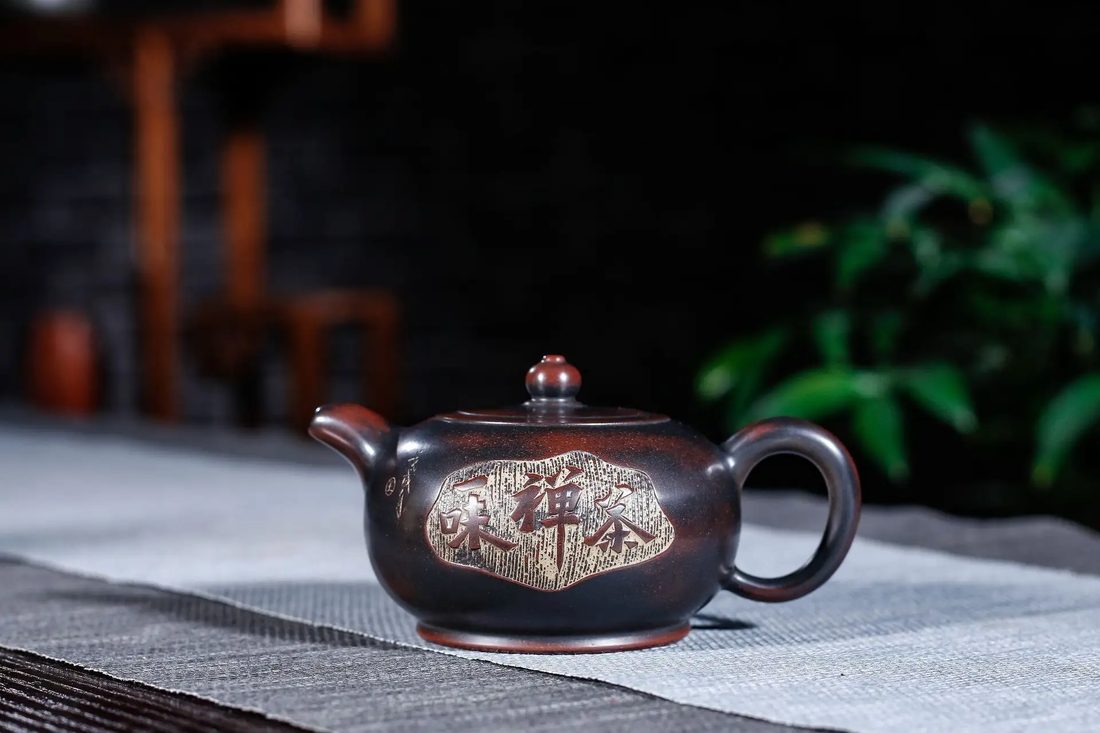
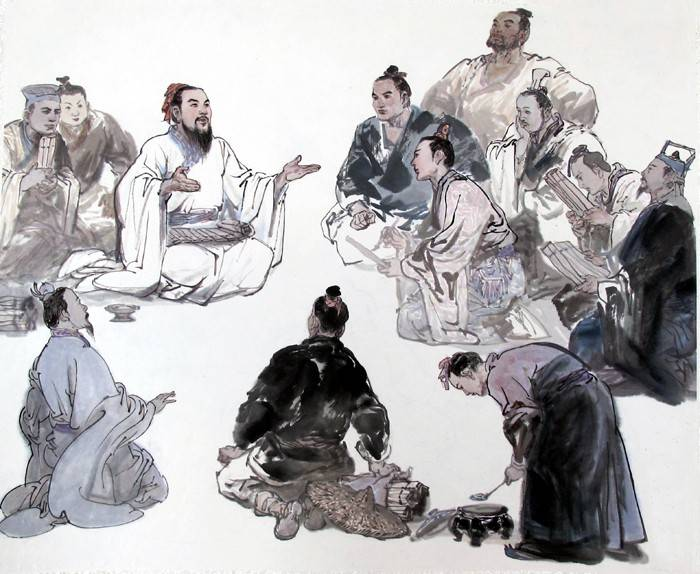
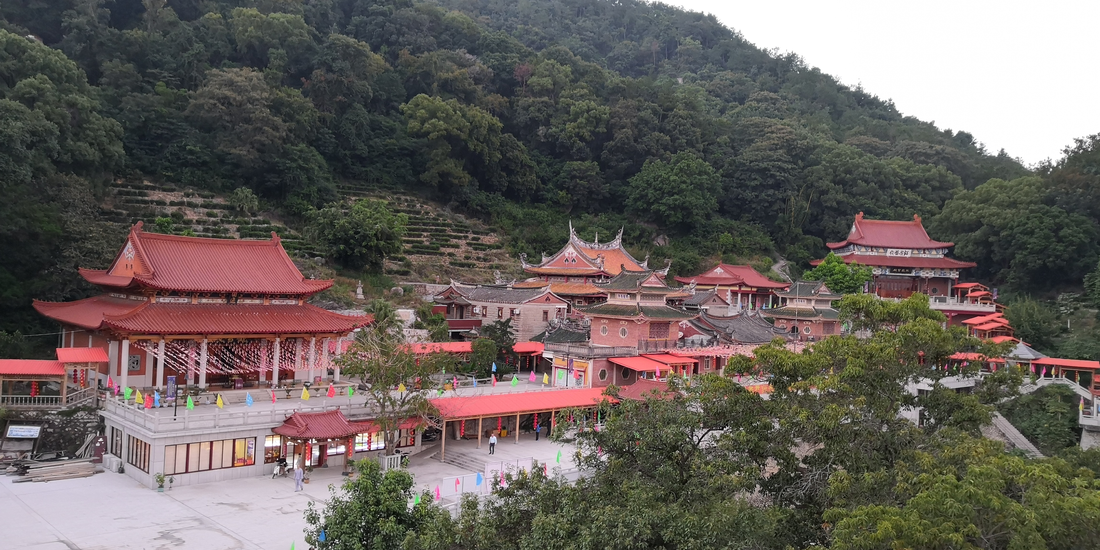
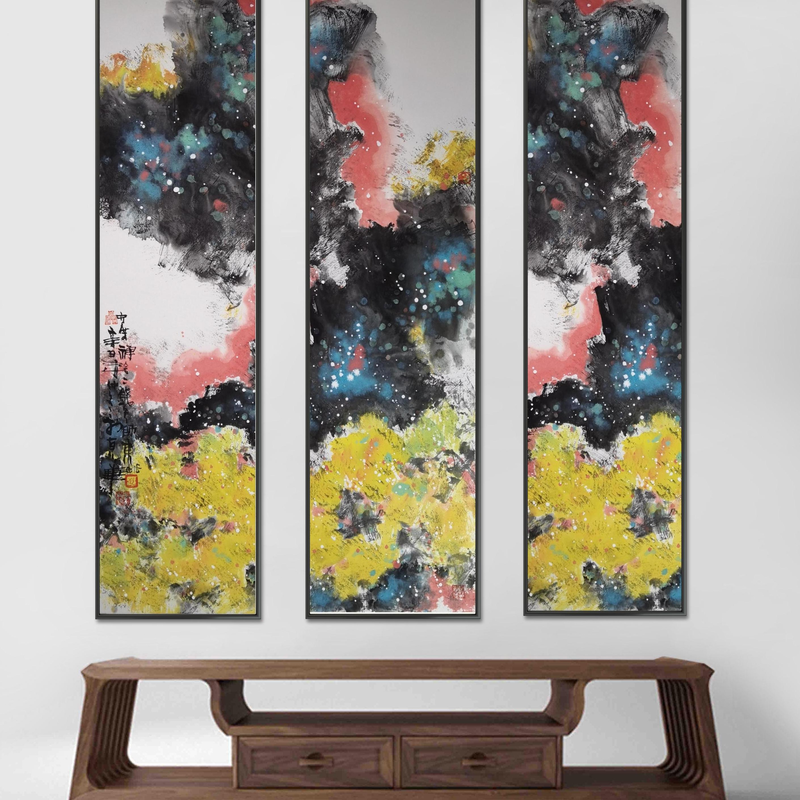
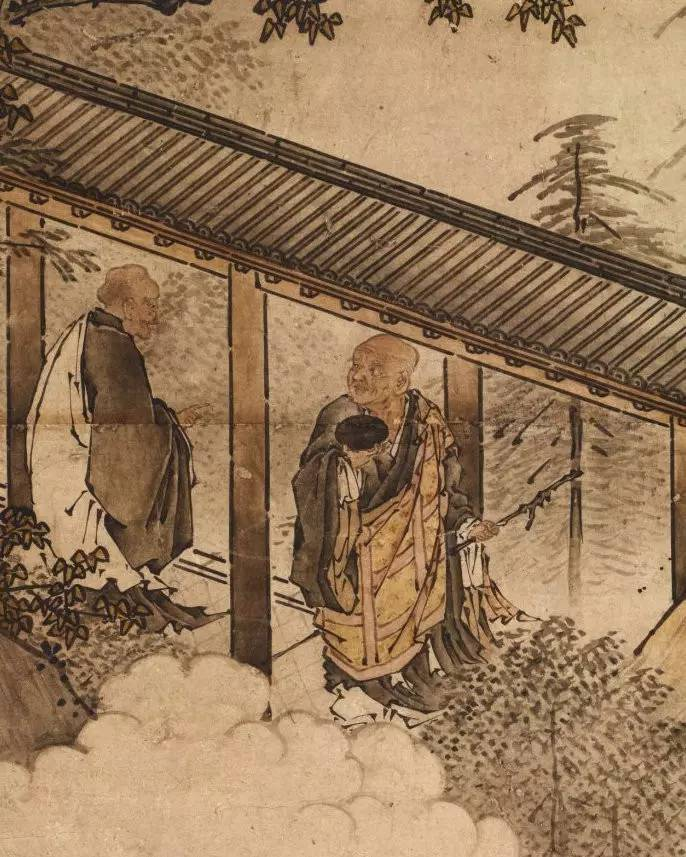
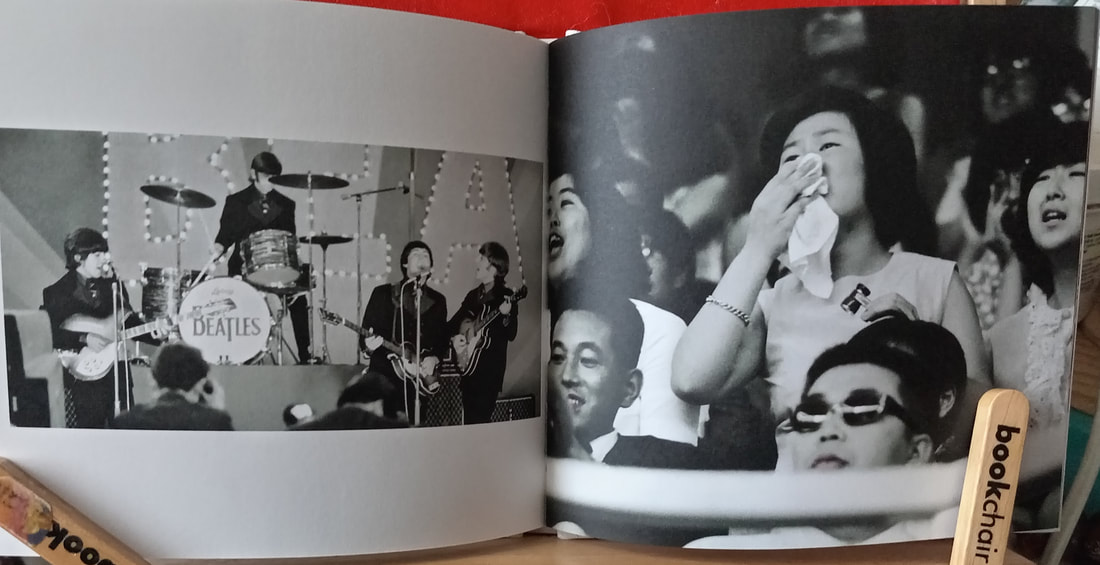
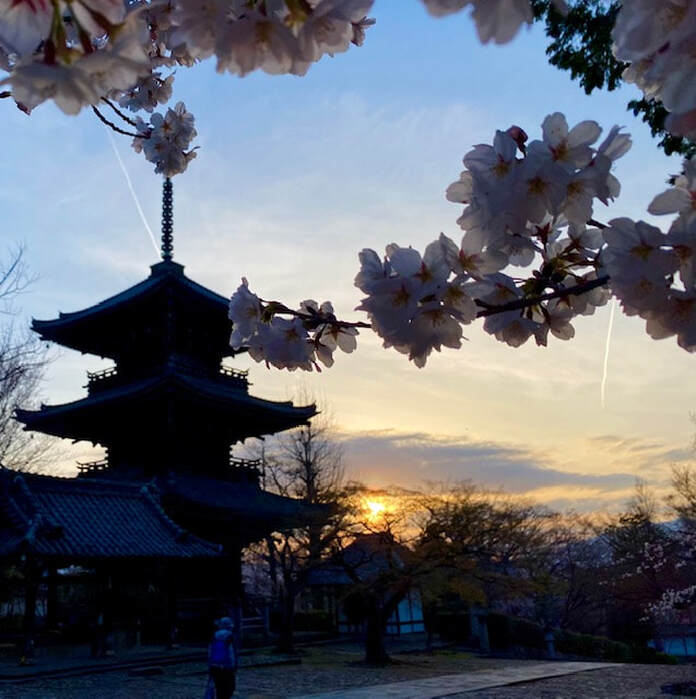
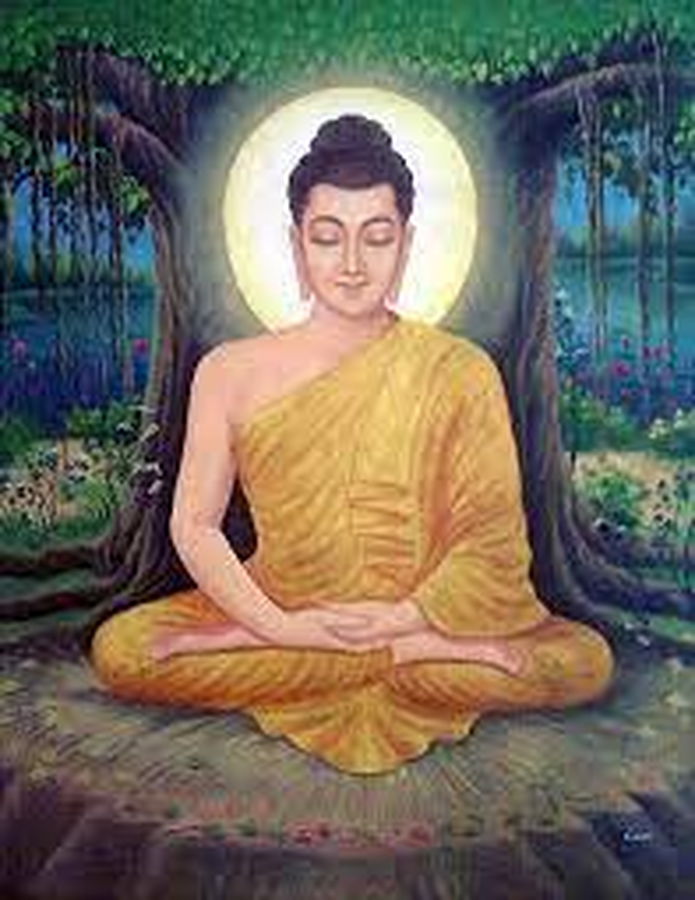
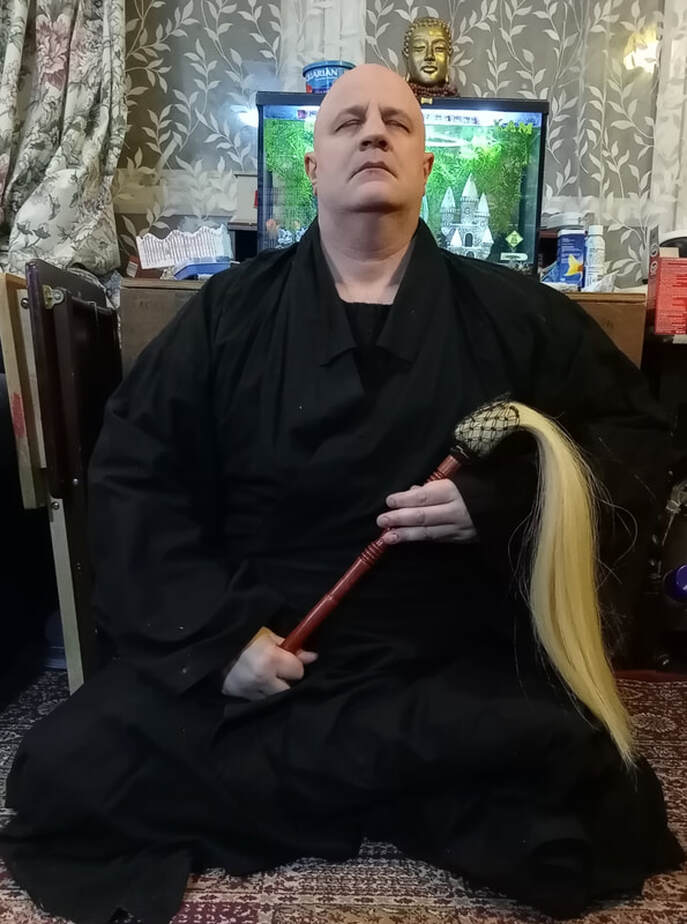
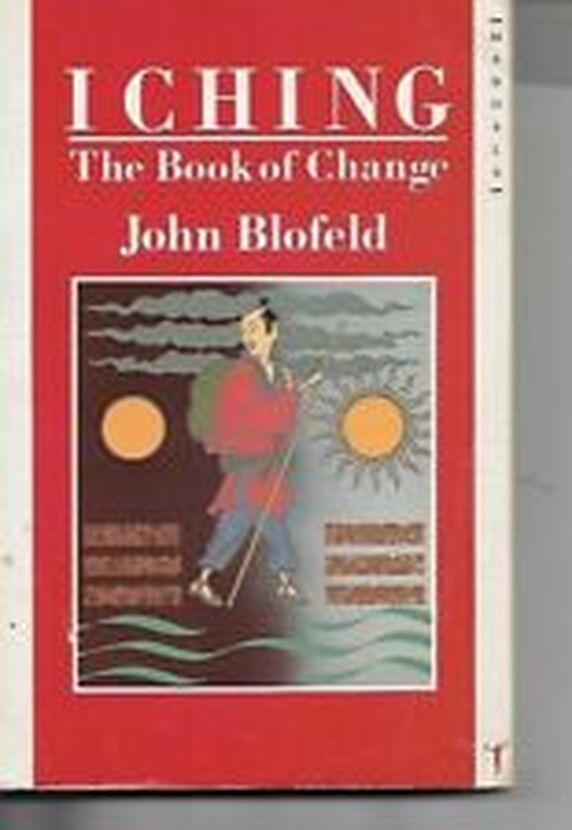
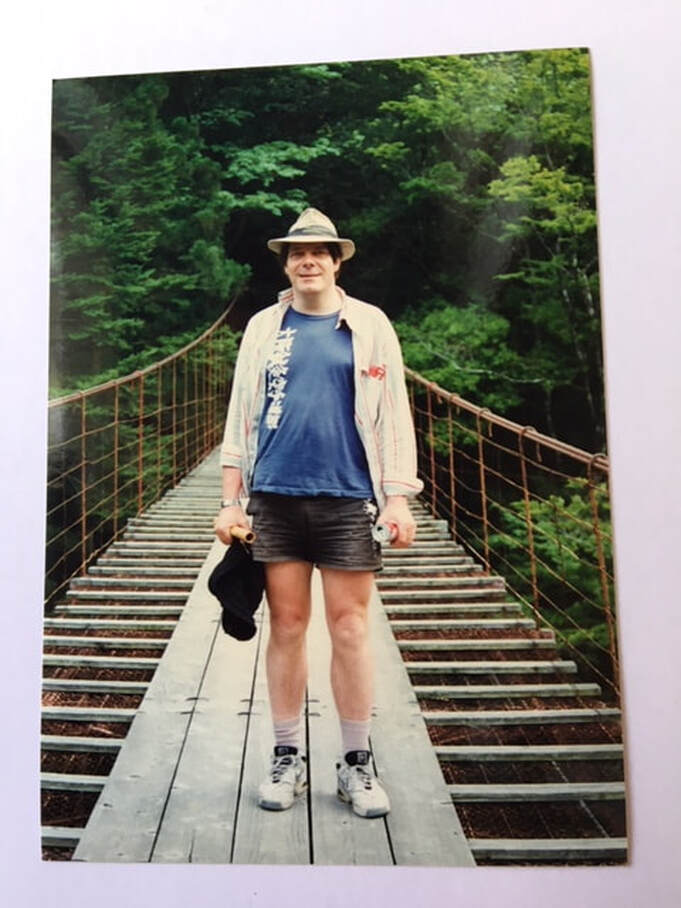
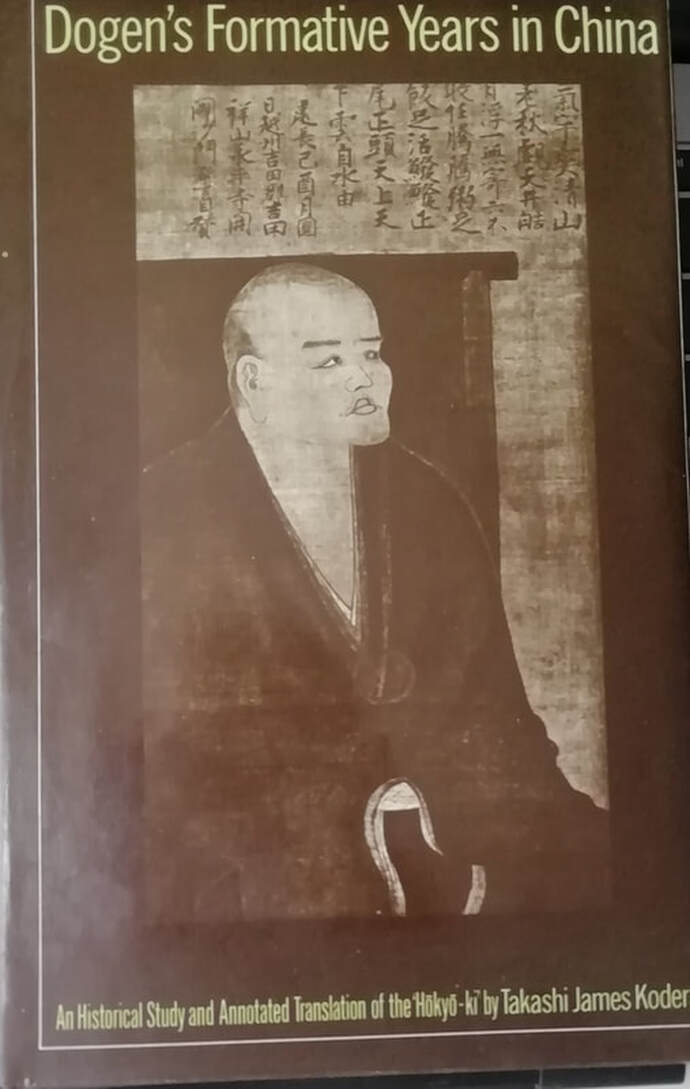
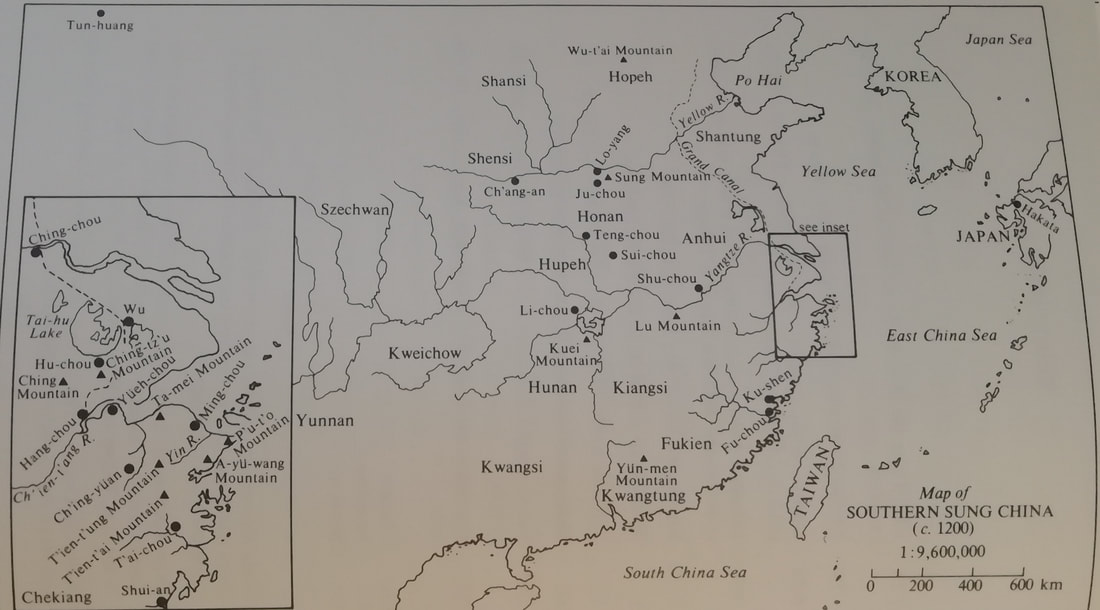
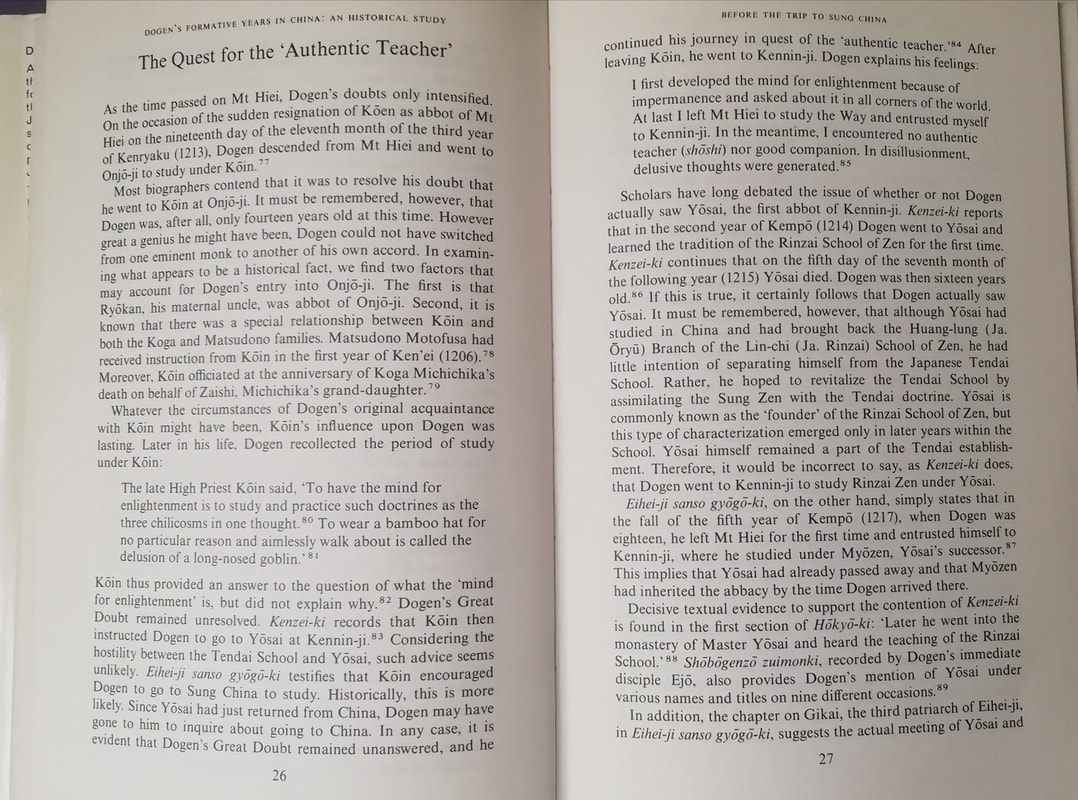
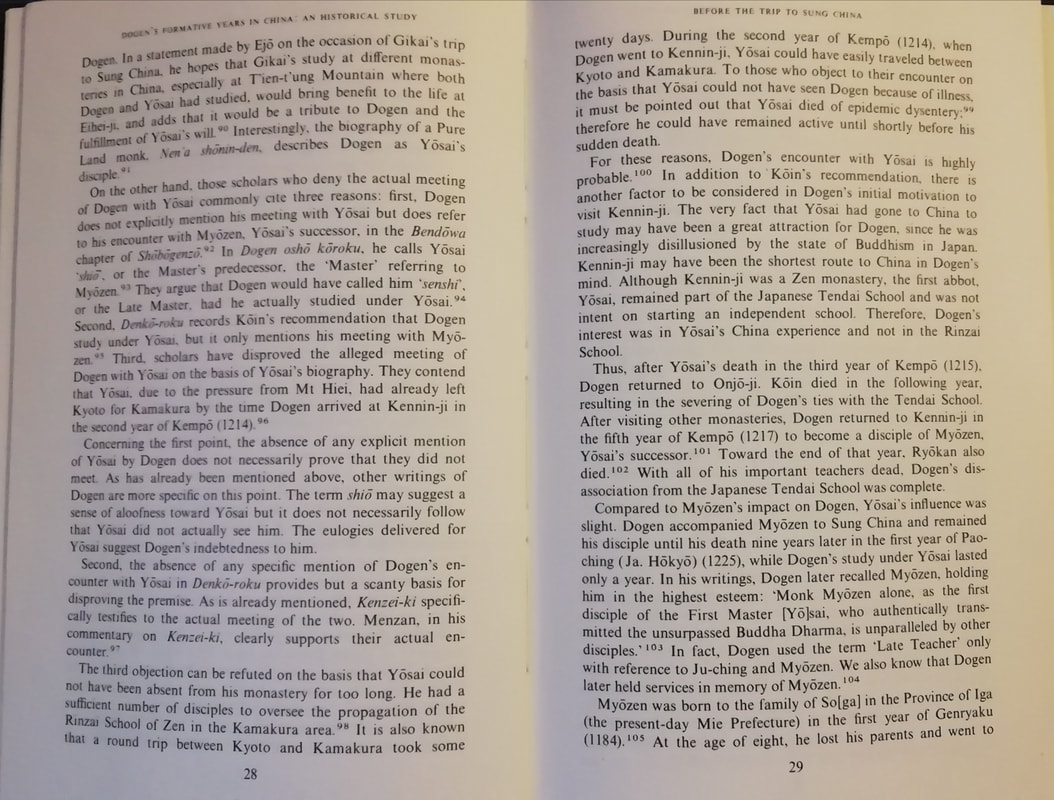
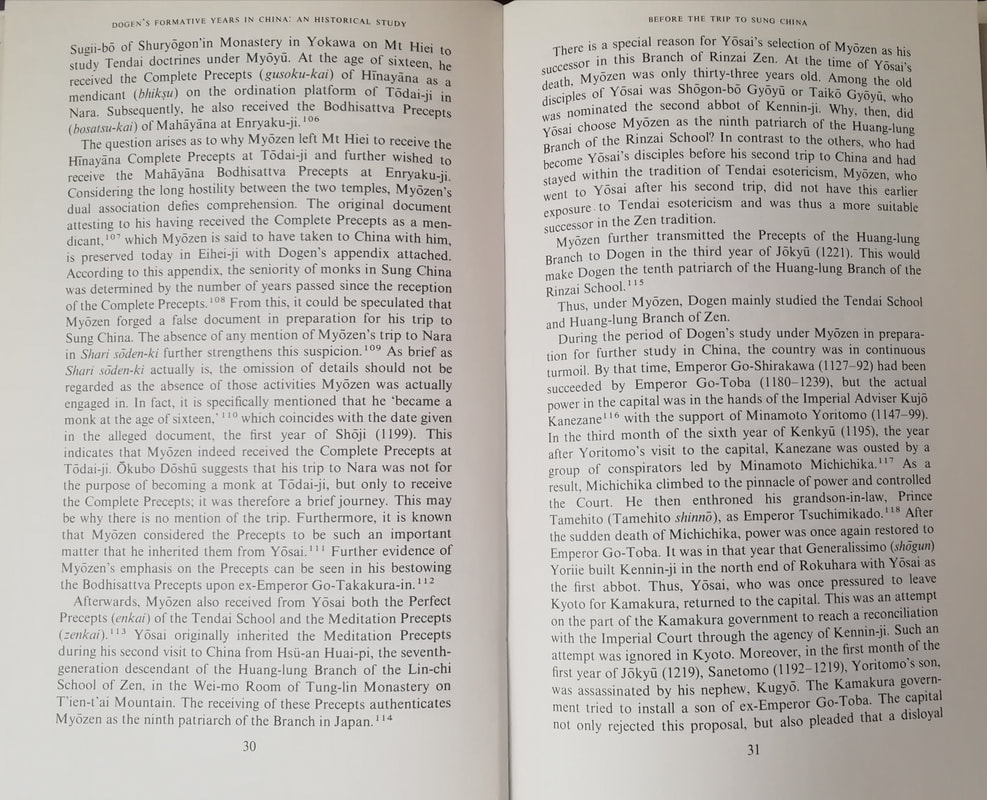
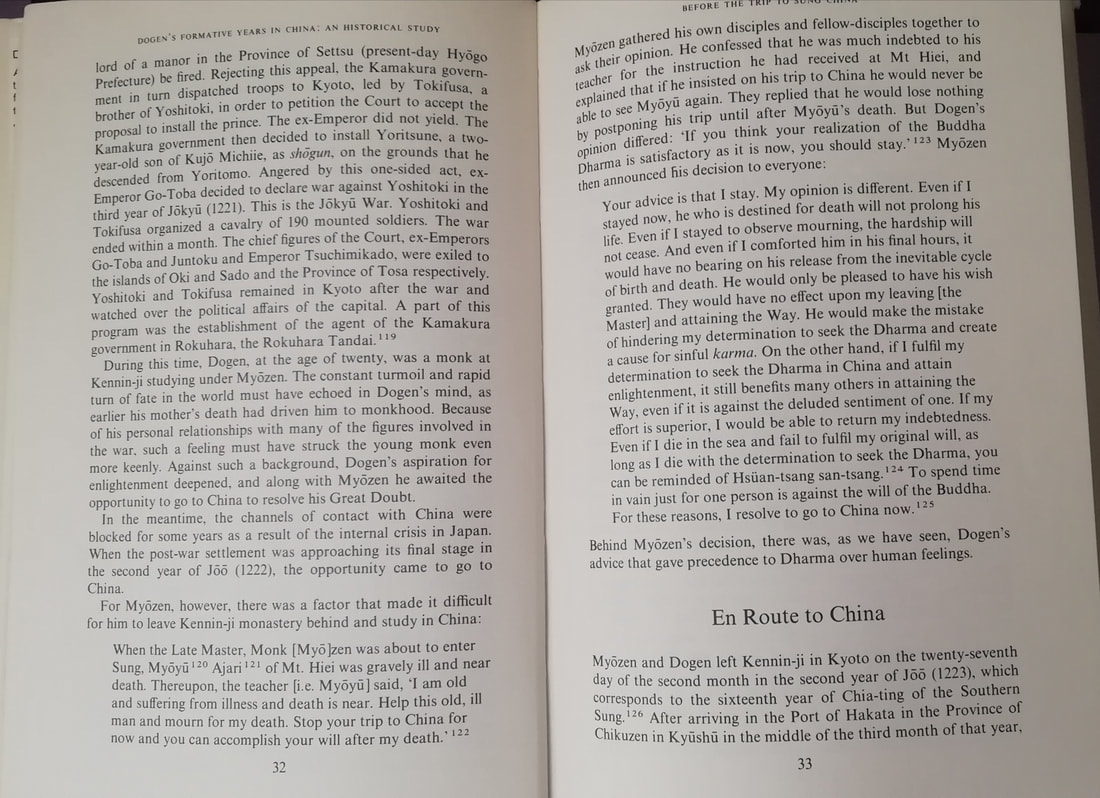
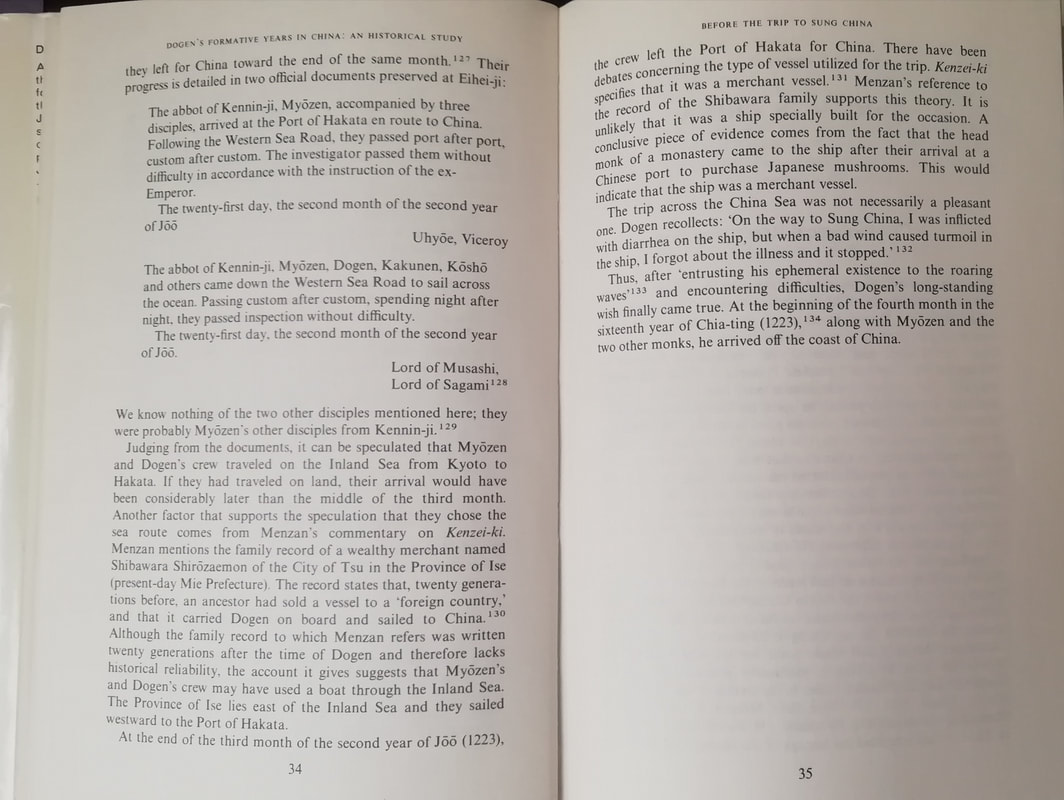
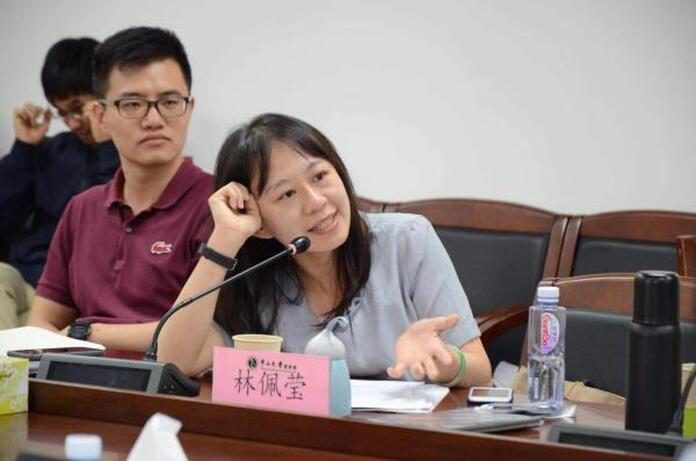
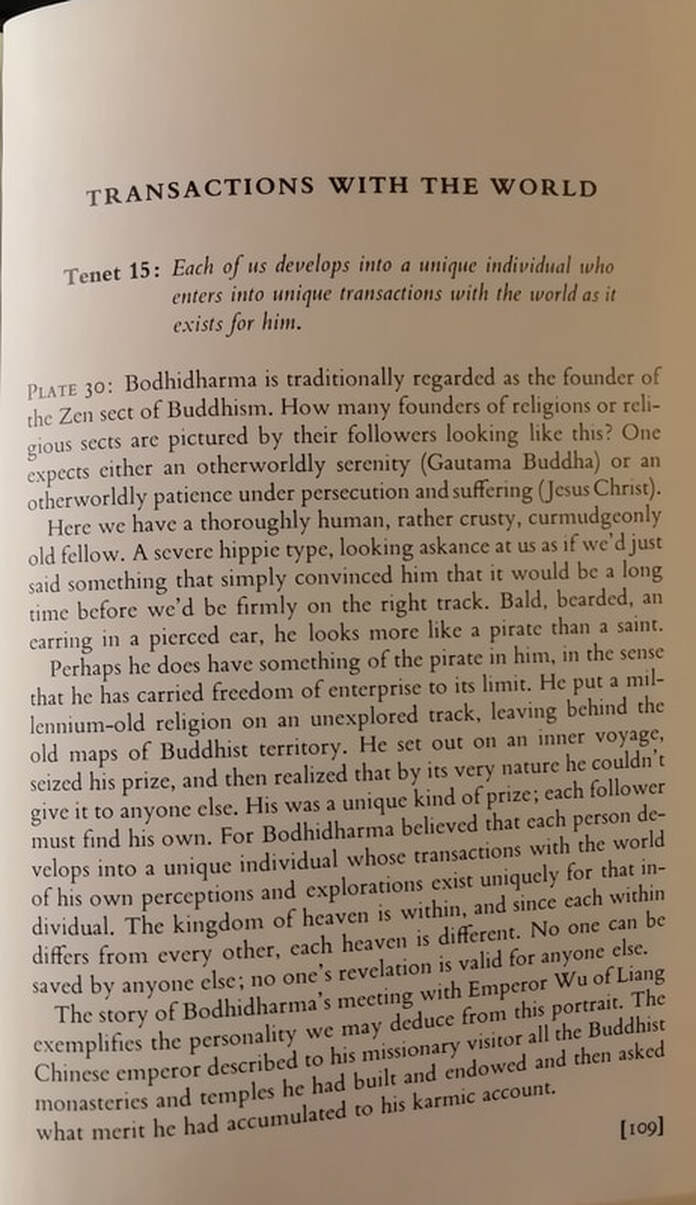
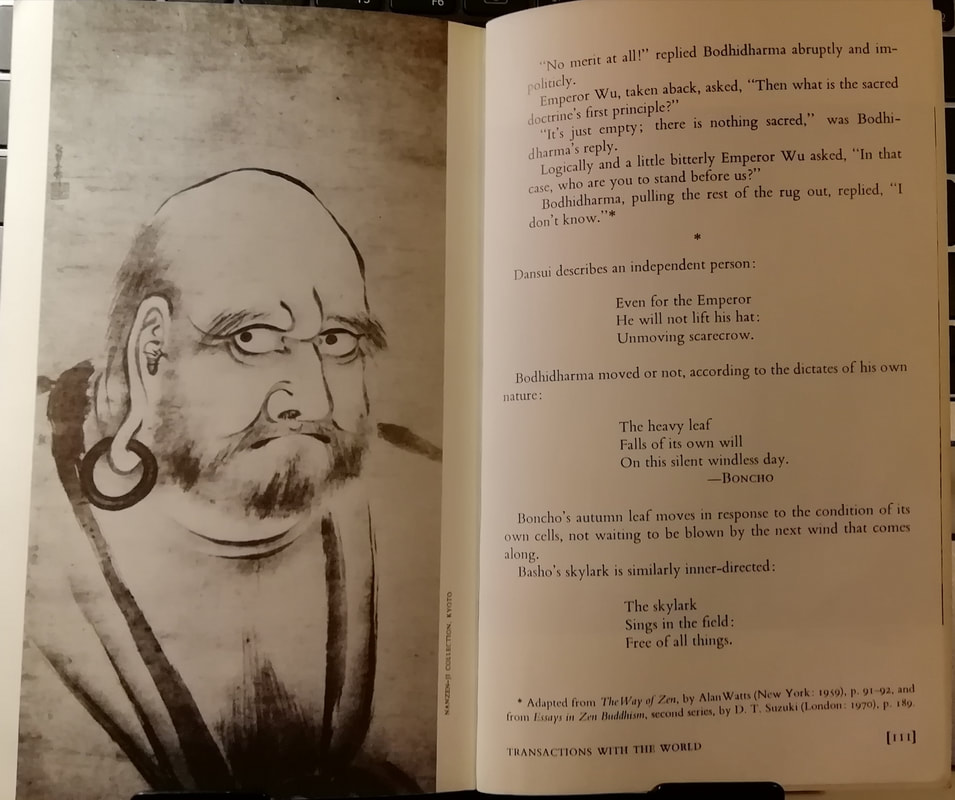
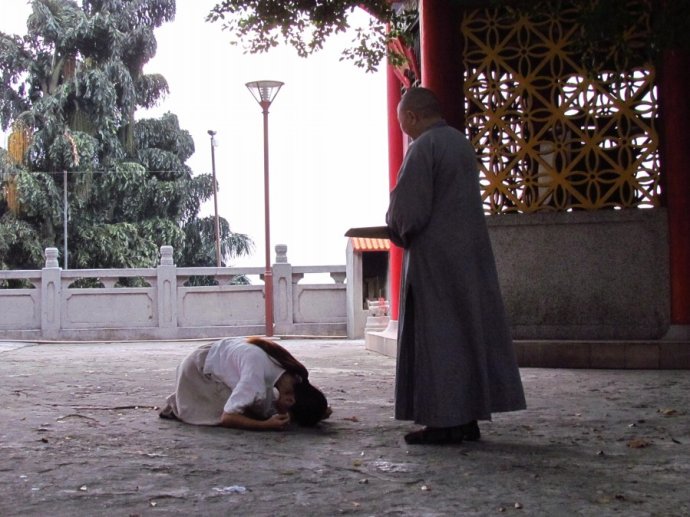
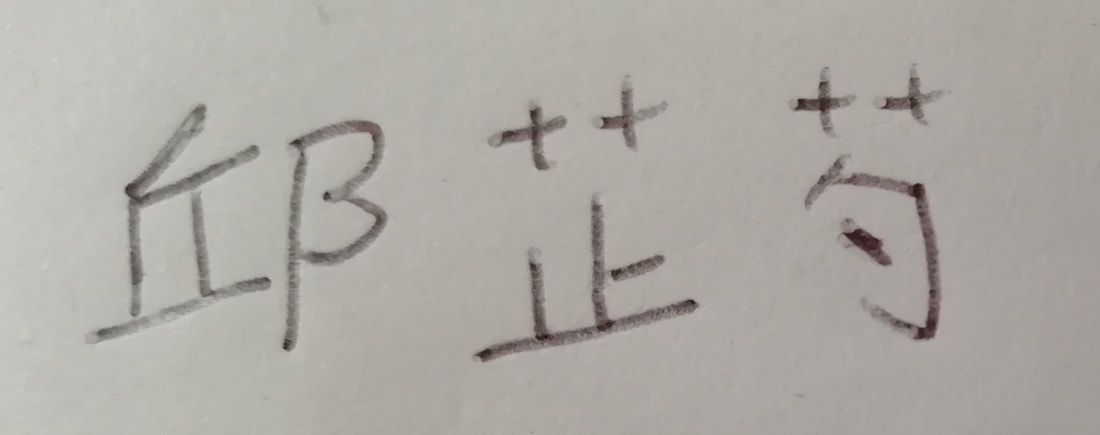
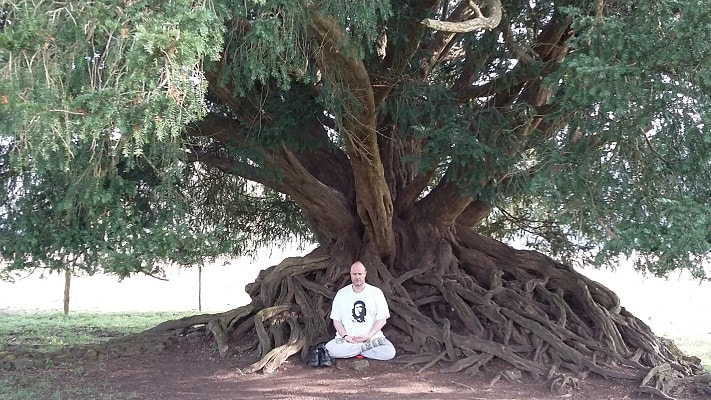
 RSS Feed
RSS Feed